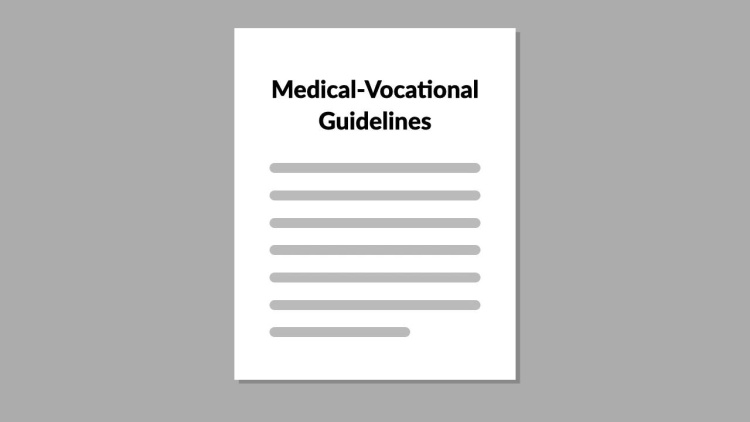Heckler v. Campbell
United States Supreme Court
461 U.S. 458 (1983)
- Written by Peggy Chen, JD
Facts
Carmen Campbell applied for disability benefits because a bad back and hypertension prevented her from doing her job as a hotel maid. Campbell was 52 years old, had limited education, and had difficulty speaking and writing English. Campbell could read and understand English well. Campbell’s application for disability benefits was denied, and she requested a hearing, as permitted by regulations, before an administrative-law judge (ALJ) of the Department of Health and Human Services (HHS). The ALJ determined that her back injury was not severe enough to render her disabled and then considered whether she had the ability to perform less strenuous jobs. The ALJ concluded that Campbell retained the ability to do light physical work. Relying on medical-vocational guidelines issued by HHS, the ALJ determined that a significant number of jobs existed that a person of Campbell’s age and ability could perform. Accordingly the ALJ concluded that Campbell was not disabled. Campbell appealed, and the decision was affirmed by the Social Security Appeals Council and the United States District Court for the Eastern District of New York. The United States Court of Appeals for the Second Circuit reversed. It held that the medical-vocational guidelines did not provide the specific evidence of alternative occupations that would be available to Campbell. It also held that because of the reliance on the guidelines, Campbell was deprived of the opportunity to provide evidence that she could not perform the types of jobs noticed by the guidelines. HHS appealed. The Supreme Court granted certiorari to resolve a conflict among the circuits.
Rule of Law
Issue
Holding and Reasoning (Powell, J.)
What to do next…
Here's why 907,000 law students have relied on our case briefs:
- Written by law professors and practitioners, not other law students. 47,100 briefs, keyed to 996 casebooks. Top-notch customer support.
- The right amount of information, includes the facts, issues, rule of law, holding and reasoning, and any concurrences and dissents.
- Access in your classes, works on your mobile and tablet. Massive library of related video lessons and high quality multiple-choice questions.
- Easy to use, uniform format for every case brief. Written in plain English, not in legalese. Our briefs summarize and simplify; they don’t just repeat the court’s language.





